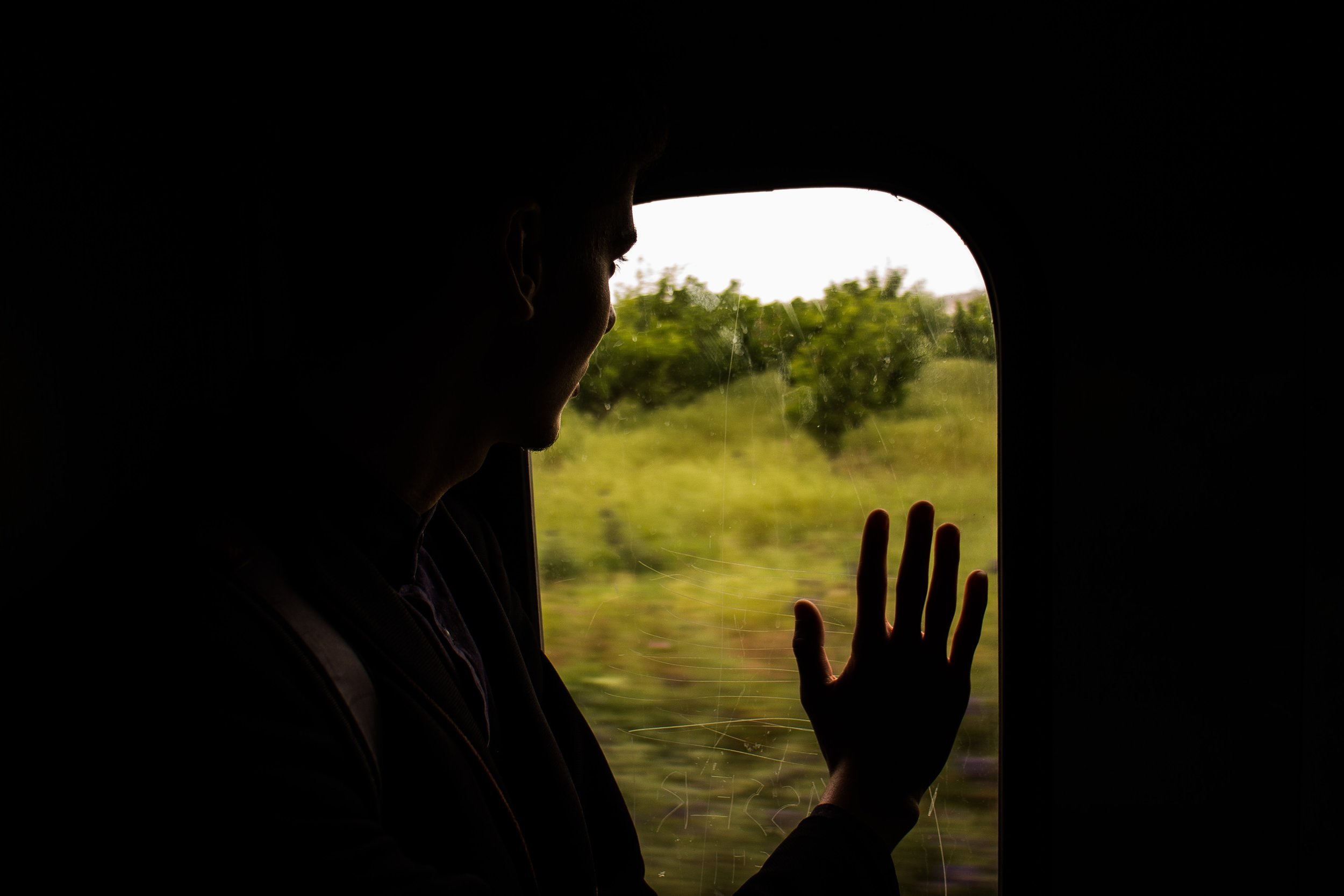It Only Takes a Minute
Take time to pause
I created this quick video below to demonstrate how easy it is to be mindful. Wherever you are, take a moment to slow down and tune into the sights, sounds, tastes, smells and touch the things that are there with you in the present moment.
No matter where you are — on the street, in the city or country, forest or ocean side, at home or at work — you can take a minute and pause.
If you’d like to do more meditating and don’t know where to begin I have a FREE guide to get you started! Fill out this form and I’ll send it along to you with a free meditation too!
If you’d like a longer meditation that also incorporates your senses this week on the Woman Worriers podcast I offer a guided imagery meditation using your sensory information to create a calm, safe space.
Elizabeth Cush, LCPC is a therapist, blogger, creator and host of the Woman Worriers podcast, and the owner of Progression Counseling in Annapolis, Md. She helps busy, overwhelmed men and women manage their anxiety and stress so they can live their lives with more ease, contentment and purpose. If you'd like to know more about how individual and group therapy can help ease anxiety and stress call me 410-339-1979.
Photo and video by Elizabeth Cush














